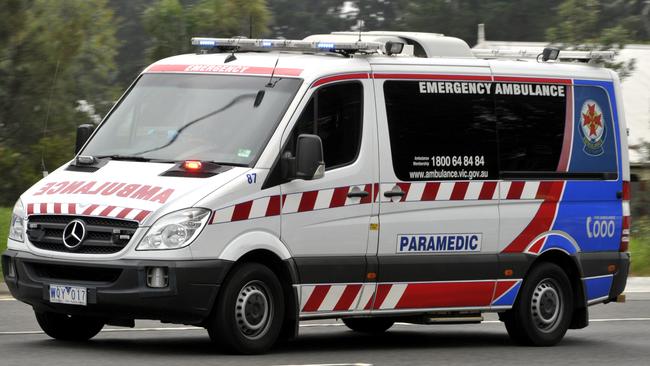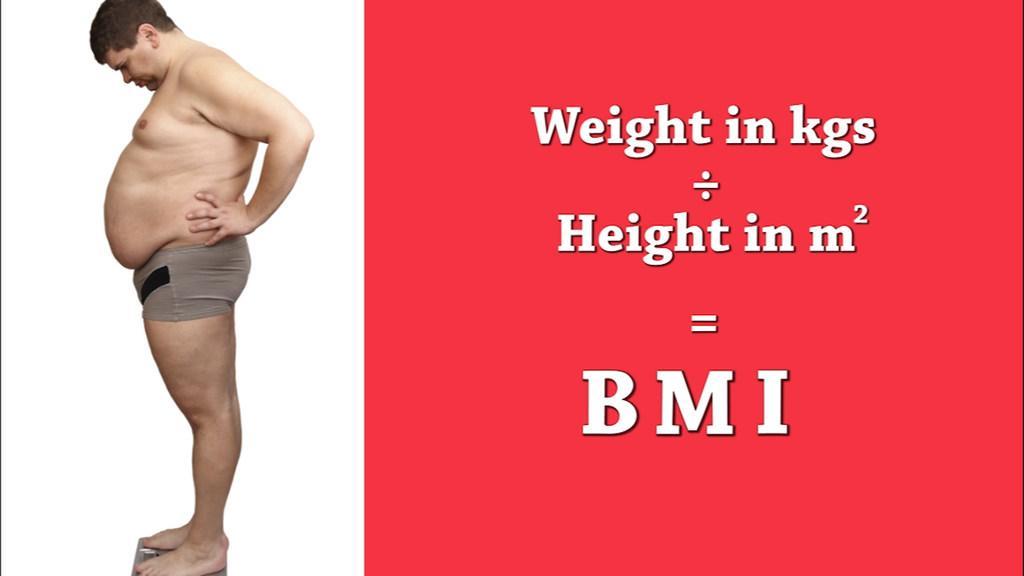‘Stroke ambulance’ set for Victorian roads in Australian first
A FOUR year trial of Australia’s first “stroke ambulance”, which aims to bring time-critical treatment to more people sooner, will begin in Victoria in early 2017.

VIC News
Don't miss out on the headlines from VIC News. Followed categories will be added to My News.
A FOUR year trial of Australia’s first “stroke ambulance”, aiming to bring time-critical treatment to more people sooner, has been secured by the State Government.
From March next year, a mobile CT unit will allow people suspected of stroke to have a brain scan in their driveway and access lifesaving clot busting drugs up to an hour earlier.
The State Government will spend $7.5m on the trial, with donations from key Melbourne business leaders — who wish to remain anonymous — also making a significant contribution.
YOUNG VICTORIANS AMONG THOSE AWARDED FOR LIFE-SAVING EFFORTS BY AMBULANCE VICTORIA
The vehicle, which is slightly larger than a regular ambulance, will have a washing machine-size scanner, small laboratory and telemedicine technology on board.
Brain scan images will be sent in real-time to Royal Melbourne Hospital specialists, who can advise on treatment to be administered before reaching the emergency department.
Florey Institute of Neuroscience and Mental Health director Professor Geoffrey Donnan said early brain scans were crucial to plan for rapid clot retrieval surgery and for giving thrombolysis as early as possible; which both saved lives and disability.
“Brain is time. Millions of brain cells die after stroke, but if you can offer treatment in that first hour after stroke it almost doubles the likelihood of a good outcome,” Prof Donnan.
The ambulance, to be first trialled in Melbourne’s north and west, is a partnership between RMH, the Florey, Ambulance Victoria, Stroke Foundation and State Government.
RMH’s Director of Neurology, Professor Stephen Davis said the ambulance would bring the stroke unit to many of the 1000 stroke patients they see each year.
“When time is brain, every single second counts,” Prof Davis said.
“This will allow many more patients to be treated in the golden hour after stroke onset, giving our patients the best chance of a good recovery.”



